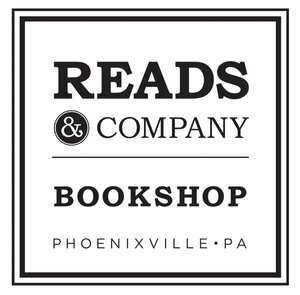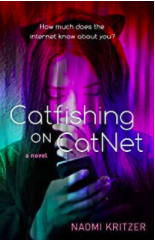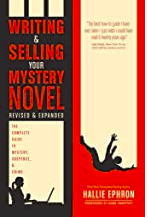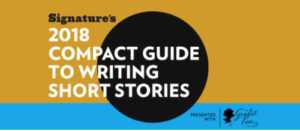The Prompt
Think of a fairy tale you like. It can be a well-known one, or one that’s not well-known. (If it’s one you’re familiar with mostly from Disney movies, though, you should probably do a quick re-read of the original fairy tale, because those movies have been known to change a lot of stuff.) Now write a scene from that fairy tale, but reset in some way — you could move it to the present day, or the future. You could also move it to another culture (make sure it’s one you’re very familiar with) or find some other way to turn it upside down. Think about what the story is saying, and how that message changes when the story gets moved.
The Author

Naomi Kritzer’s novelette “The Thing About Ghost Stories” was a finalist for the 2019 Hugo Award; her short story “Cat Pictures Please” won the 2016 Hugo and Locus Awards and was nominated for the Nebula Award. Her YA novel CATFISHING ON CATNET came out from Tor Teen in November 2019. naomikritzer.com).
Read A Book, Support An Indie

This year’s StoryADay May official bookseller is Reads & Company, a privately-owned indie bookseller in Pennsylvania. Any purchase from the site this month supports Reads & Co.

NAOMI KRITZER, CATFISHING ON CATNET
Leave a comment to let us know what you wrote about today, and how it went!



 Today’s bonus prompt comes from Elise Holland, writer and editor of the 2Elizabeths online literary magazine
Today’s bonus prompt comes from Elise Holland, writer and editor of the 2Elizabeths online literary magazine Jen Silverman is a New York–based writer and playwright, a two-time MacDowell Fellow, and the recipient of a New York Foundation for the Arts grant and the Yale Drama Series prize. She was awarded the 2016–17 Playwrights of New York fellowship at The Lark and is a member of New Dramatists. She completed a BA in comparative literature at Brown University and an MFA in playwriting at the Iowa Playwrights Workshop, and was a fellow at the Playwrights Program at Juilliard.
Jen Silverman is a New York–based writer and playwright, a two-time MacDowell Fellow, and the recipient of a New York Foundation for the Arts grant and the Yale Drama Series prize. She was awarded the 2016–17 Playwrights of New York fellowship at The Lark and is a member of New Dramatists. She completed a BA in comparative literature at Brown University and an MFA in playwriting at the Iowa Playwrights Workshop, and was a fellow at the Playwrights Program at Juilliard.